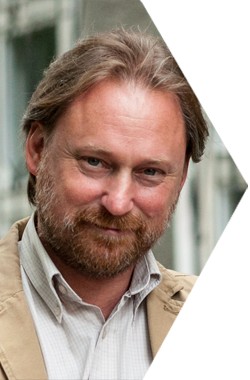|
Vladimir Putin's election to a third term as Russian president has spurred debates about civil society and church-state relations within the Russian Orthodox Church since charges of vote fraud set off mass protests following last December's parliamentary elections. |
|
After a week of mounting protest over alleged fraud in Russia's 4 December parliamentary election, the Russian Orthodox Church has called for stricter control over the election process -- evidence of the extent to which anger has spread in Russian society. |
|
By the time of the Bolshevik Revolution in 1917, there were nearly 600 newspapers and magazines throughout Russia devoted to Orthodox subjects. They were all shut down by the Soviet regime by 1918. Today, in a country that was officially atheist about two decades ago, there are again hundreds of newspapers, magazines and newsletters covering the world’s largest Orthodox church. There are about 3,500 Russian Orthodox Web sites, and some priests are even blogging. |
|
The biggest impression on me was the divine service in the heart of Russian Orthodoxy, under the vaulted ceilings of the grandiose Uspensky Cathedral of the Mother of God, the resting place of the Moscow Primates. Here lies St Ermogen, a shining example of staunchness in the Orthodox Faith during the Time of Troubles. |
|
In late December 2005, an Orthodox Conference of the Diocese of Berlin and Germany of the Russian Orthodox Church Outside of Russia was held. Sergei Chapnin, Editor-in-Chief of Tserkovnij Vestnik ["Church Messenger"], participated in the Conference at the invitation of Archbishop Mark of Berlin and Germany. His Eminence spoke to him of the attitudes in the Russian Church Abroad, and about the work of the Synodal Commission on talks with the Moscow Patriarchate in an interview with Tserkovnyj Vestnik. |
